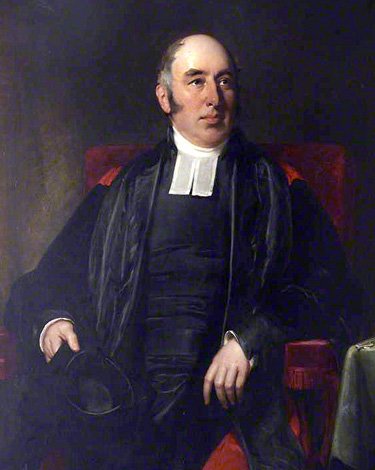
detail, Bowra memorial sculpture, Wadham College, Oxford University.
Maurice Bowra (1898-1971) was a renowned Classical scholar and Warden of Wadham College, Oxford from 1938 to 1970.
From The Dons — Mentors, Eccentrics, and Geniuses, 1999 by Noel Annan:
Sayre’s Law holds that academic politics are so bitter because the stakes are so low.
Bowra was fierce in loyalty to his ideals. But he differed from other intellectuals in being even fiercer in loyalty to his friends. If a choice had to be made between friends and truth, friends won. His loyalty to people and institutions was passionate and uncompromising; if a friend failed, for instance, to get a post he concealed the blunt truth in comforting him afterwards and took it out on his opponents. Such tenderness did not extend to them: he pursued his enemies relentlessly. When he gave the oration at the memorial service for his old tutor Alec Smith the air was so dark with arrows he despatched, like Apollo spreading the plague among the Grecian host before Troy, that you half-expected the guilty to totter forth from St. Mary’s and expire stricken on the steps of the Radcliffe.”
——————————-
Annan also mentions, anent Bowra, some interesting German terms.
Bowra belonged to a generation who put enormous weight on friendship. Friendship was something more than casual geniality: it made demands, it imposed duties and much should be sacrificed for it. It was not to be confused with party-going, still less with Mitdabeisein [“being there” — JDZ] . Friendship implied unreserved affection and support, but it was a dry fierce heat, not humid; he was vehement, and he rebuked. He wanted his friends to do well. Like Jowett he expected them to make the most of their gifts. Whatever they produced was not enough: they must push on and do better still; and he could awaken self-confidence and dispel what he used to call ‘a sad state of Minko*.'”
* ‘Minko’ is the German colloquialism for Mindwetigkeitskomplex, or inferiority complex.




